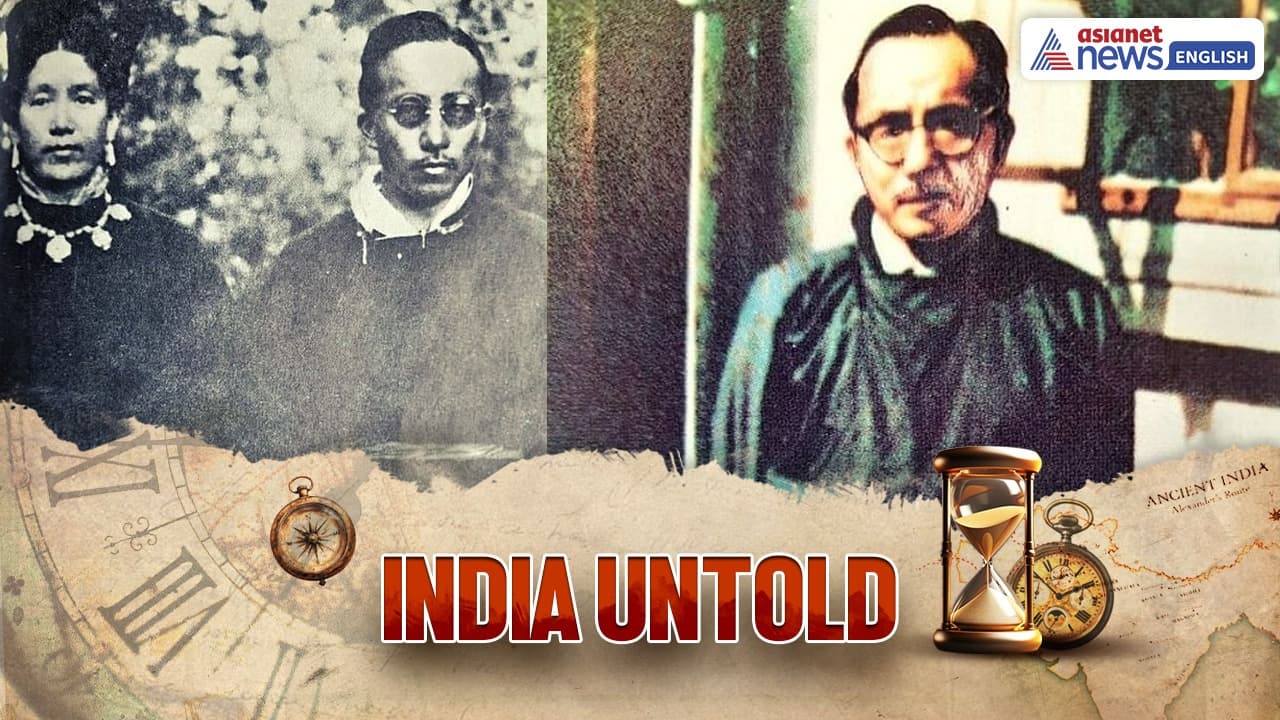From standing shoulder-to-shoulder with the Indian armed forces against Pakistani raiders in 1948 to shaping the future of Tibetan refugee children in India, Eliyah Tsetan Phuntsog’s journey remains one of history’s overlooked marvels.
Born into privilege yet destined for selfless service, Eliyah Tsetan Phuntsog’s life was a saga of courage, conviction, and compassion that transcended borders and faiths. From standing shoulder-to-shoulder with the Indian armed forces against Pakistani raiders in 1948 to shaping the future of Tibetan refugee children in India, his journey remains one of history’s overlooked marvels.
When marauding raiders stormed into Ladakh in 1948, civilians played an indispensable role in safeguarding the region’s sovereignty. Alongside decorated heroes like Colonel Chhewang Rinchen, the 19th Kushok Bakula Rinpoche, and Sonam Norbu, there was also Phuntsog—a civil officer whose name rarely finds place in mainstream history. According to Colonel Thakur Prithi Chand MVC of the 2nd Dogra Battalion, Phuntsog not only mobilized supplies, porters, and volunteers but also lifted the spirits of soldiers and civilians alike during the darkest hours.
Phuntsog Early life
Born in 1908 in Saboo village, Phuntsog hailed from an aristocratic Ladakhi lineage, with ancestors who had once served as ministers to the King of Ladakh. His early years were steeped in monastic learning at Rizong Monastery until his father’s untimely death redirected him to manage family estates. Later, he entered government service under Maharaja Hari Singh, and it was during this time that an encounter with Joseph Gergan—Ladakh’s first Christian scholar—changed the course of his life.
Falling in love with Gergan’s daughter, Sungkil, Phuntsog embraced Christianity, adopting the name Eliyah upon his baptism in 1934. His conversion cost him dearly: he was disinherited, maligned, and even falsely imprisoned. Yet he endured, returning to government service, where he soon became an indispensable link between Indian authorities and Tibetan officials in matters of crime, tax, and border disputes.
But his true test came with the war of 1947–48. As Pakistani raiders advanced, Major Prithi Chand raised the Civil Force in Leh and urgently sought support in Nubra Valley. Phuntsog rose to the challenge, securing provisions, transport, intelligence, and men for the resistance. “Throughout this operation Gaga Thsetan Phuntsog gave all assistance to the troops. He himself used to stay in the front looking after the demands of the jawans… His intelligence helped us get information about the raiders,” Chand later recalled. Phuntsog’s unwavering service turned the tide, ensuring Nubra did not fall.
After the ceasefire, he was appointed independent India’s first tehsildar of Leh but resigned in 1950 amidst communal politics. His life then took a spiritual turn—ordained as a Christian minister, he immersed himself in missionary work and literary pursuits. In 1959, when waves of Tibetan refugees poured into India, Phuntsog emerged as their quiet benefactor. Alongside Acharya Vinoba Bhave, he facilitated land for settlement at Clement Town and soon founded the Moravian Institute in Rajpur, Dehradun, in 1963. What began as modest literacy classes soon flourished into a full-fledged ICSE school for Tibetan refugee children, a sanctuary of hope and education.
Phuntsog’s journey ended in 1973, but his legacy endures—a life woven with defiance, resilience, and humanity. As Colonel Chand poignantly noted, “In Ladakh, I found Gaga Thsetan Phuntsog the most learned and active man… His untimely death was a great loss to many poor people. To me, he was a sincere friend who had dedicated his life to the service of the poor.”
